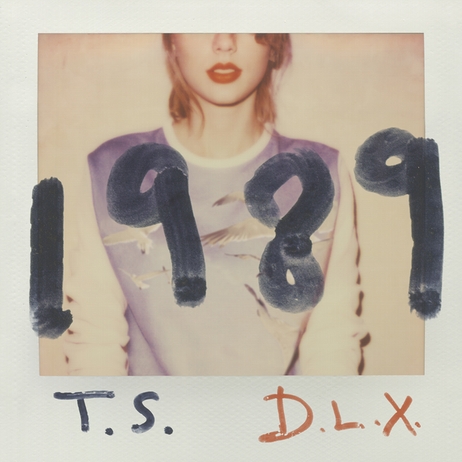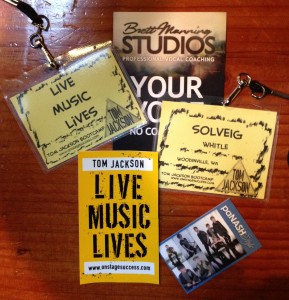During a recent Twitter exchange regarding the Taylor Swift/Spotify/streaming debate, I was labeled as having “become a professional problem identifier.” I was exhorted to instead “Be a problem solver.”
@shadesofsolveig @CheckeredOwl @Spotify Solveig love ya, but.. You are becoming a professional problem identifier. Be a problem solver.
— Steve Rennie (@renmanmb) November 12, 2014
Many more knowledgeable and successful than I have certainly already waded into the fray. Even Dave Grohl! Why bother to add my perspective? Because every time I hear the argument that musicians should just “get over it,” or “stop complaining about streaming” I realize that many of us are not on the same page. We don’t even agree what the problem really is. I subscribe to the philosophy that solutions are built on consensus and common understanding, not on forcing a solution that doesn’t fit, or a model that only benefits one or two key players in the industry at the expense of the others.
It seems to me that there are a lot of things that get all confused up in this debate, and the refrain I keep hearing that musicians should just shut up and “focus on making great music” ignores the reality of how screwed up the music industry is and how hard it is – even if you’re a great musician with great material – to make a living at music.
I’m not a famous musician, or a tech entrepreneur, or someone with years of experience managing bands or running a record label. I’m just a musician, an anonymous musician who, like most of the musicians I know, doesn’t make a fulltime living as a recording artist. Oh, and fifteen years ago I was the VP of marketing at a startup whose product was distributed software as a service, bringing Microsoft Office to corporate desktops as, essentially, a streaming product. I do care more about the long term future of musicians and the music industry than going public with my music tech company and cashing out (something I also know a bit about). And I am an engineer by training. I have a sensitive radar for arguments that don’t square with my version of reality.
[Tweet “Public discussion and debate are as valuable as building a software platform to “solve” a problem. “]





